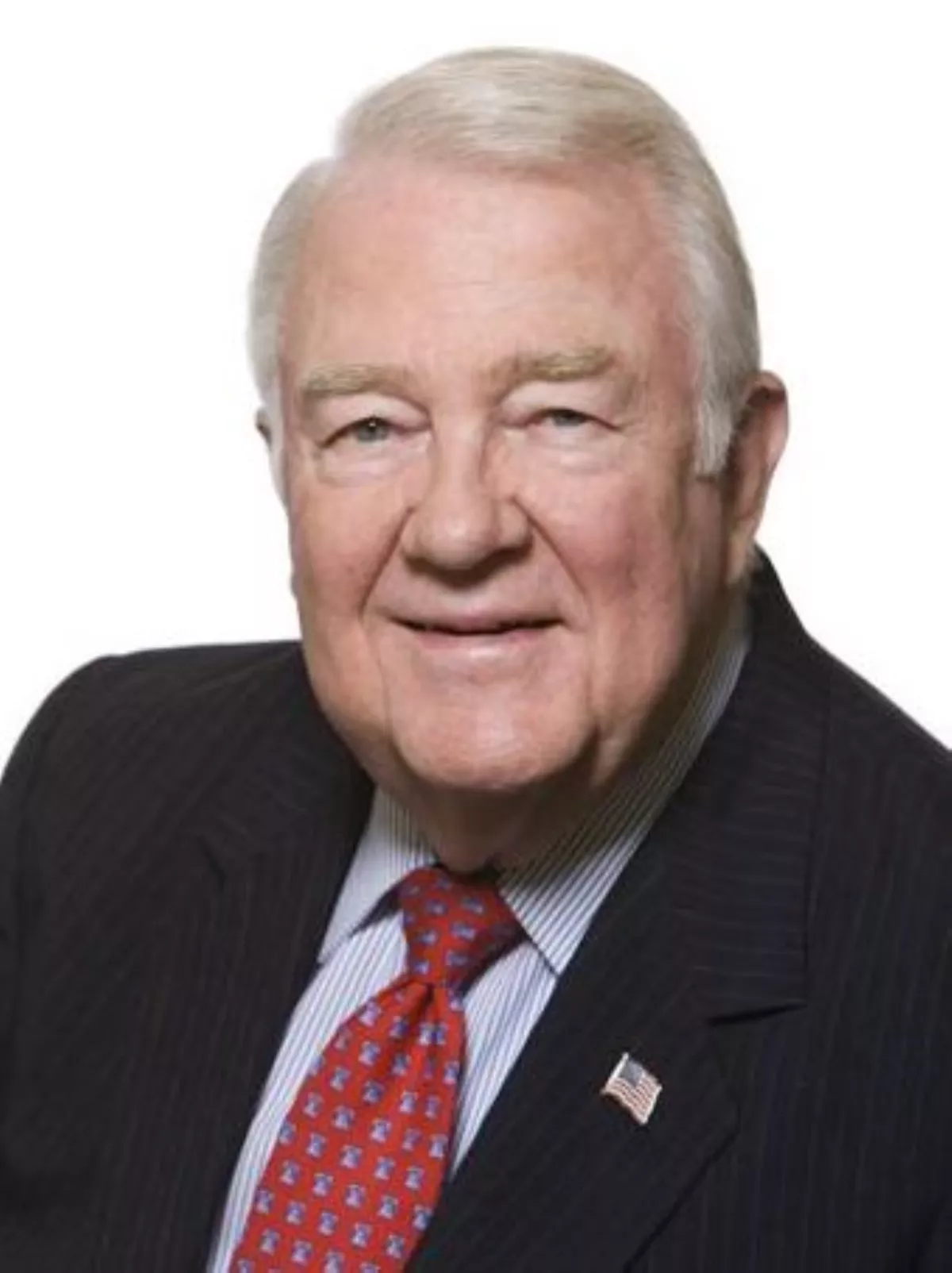 1.
1. Edwin Meese III was born on December 2,1931 and is an American attorney, law professor, author and member of the Republican Party who served in Ronald Reagan's gubernatorial administration, the Reagan presidential transition team, and the Reagan administration.